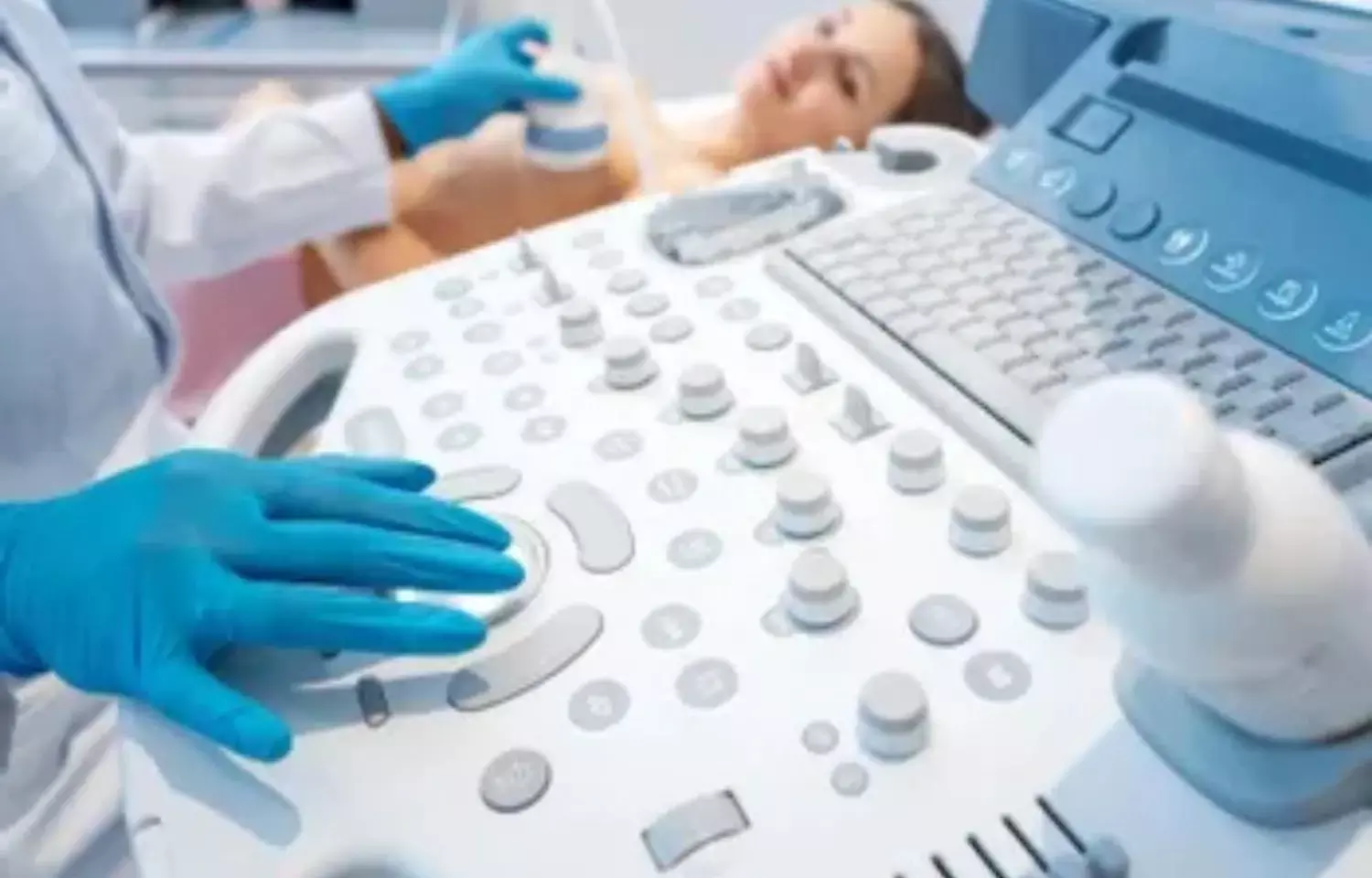- Home
- Medical news & Guidelines
- Anesthesiology
- Cardiology and CTVS
- Critical Care
- Dentistry
- Dermatology
- Diabetes and Endocrinology
- ENT
- Gastroenterology
- Medicine
- Nephrology
- Neurology
- Obstretics-Gynaecology
- Oncology
- Ophthalmology
- Orthopaedics
- Pediatrics-Neonatology
- Psychiatry
- Pulmonology
- Radiology
- Surgery
- Urology
- Laboratory Medicine
- Diet
- Nursing
- Paramedical
- Physiotherapy
- Health news
- Fact Check
- Bone Health Fact Check
- Brain Health Fact Check
- Cancer Related Fact Check
- Child Care Fact Check
- Dental and oral health fact check
- Diabetes and metabolic health fact check
- Diet and Nutrition Fact Check
- Eye and ENT Care Fact Check
- Fitness fact check
- Gut health fact check
- Heart health fact check
- Kidney health fact check
- Medical education fact check
- Men's health fact check
- Respiratory fact check
- Skin and hair care fact check
- Vaccine and Immunization fact check
- Women's health fact check
- AYUSH
- State News
- Andaman and Nicobar Islands
- Andhra Pradesh
- Arunachal Pradesh
- Assam
- Bihar
- Chandigarh
- Chattisgarh
- Dadra and Nagar Haveli
- Daman and Diu
- Delhi
- Goa
- Gujarat
- Haryana
- Himachal Pradesh
- Jammu & Kashmir
- Jharkhand
- Karnataka
- Kerala
- Ladakh
- Lakshadweep
- Madhya Pradesh
- Maharashtra
- Manipur
- Meghalaya
- Mizoram
- Nagaland
- Odisha
- Puducherry
- Punjab
- Rajasthan
- Sikkim
- Tamil Nadu
- Telangana
- Tripura
- Uttar Pradesh
- Uttrakhand
- West Bengal
- Medical Education
- Industry
Machine learning methods can differentiate malignancy from reactive benign changes due to COVID-19 shot

Spain: Machine learning methods can differentiate between malignant and benign lymph nodes that react as a side effect of COVID-19 vaccination, suggests a recent study in the European Journal of Radiology. These techniques can be used for the non-invasive diagnosis of lymph node status in patients with suspicious reactive nodes.
The institutional review board-approved retrospective study was conducted by David Coronado-Gutiérrez, Hospital Clínic de Barcelona (University of Barcelona) and Hospital Sant Joan de Deu, Barcelona, Spain, and colleagues with the objective to assess the potential of quantitative image analysis and machine learning techniques to differentiate between malignant lymph nodes and benign lymph nodes affected by reactive changes due to COVID-19 vaccination.
The researchers improved their previously published artificial intelligence model by retraining it with newly collected images. They tested the performance on images containing benign lymph nodes affected by COVID-19 vaccination. Specialized breast-imaging radiologists acquired and selected all the images. The nature of each node (benign or malignant) was assessed through a strict clinical protocol using ultrasound-guided biopsies.
The findings of the study were as follows:
· A total of 180 new images from 154 different patients were recruited: 71 images (10 cases and 61 controls) were used to retrain the old model and 109 images (36 cases and 73 controls) were used to evaluate its performance.
· The achieved accuracy of the proposed method was 92.7% with 77.8% sensitivity and 100% specificity at the optimal cut-off point.
· In comparison, the visual node inspection made by radiologists from ultrasound images reached 69.7% accuracy with 41.7% sensitivity and 83.6% specificity.
"Image analysis and machine learning methods can be used to differentiate between malignant lymph nodes affected by metastatic breast cancer and benign lymph nodes affected by reactive changes due to COVID-19 vaccination," wrote the authors.
"These techniques are useful for the non-invasive diagnosis of lymph node status in patients with and without diagnosed breast cancer with suspicious reactive nodes," they concluded. "Larger, multicenter studies are required to confirm and validate the results of our study."
Reference:
Coronado-Gutiérrez D, Ganau S, Bargalló X, Úbeda B, Porta M, Sanfeliu E, Burgos-Artizzu XP. Quantitative ultrasound image analysis of axillary lymph nodes to differentiate malignancy from reactive benign changes due to COVID-19 vaccination. Eur J Radiol. 2022 Sep;154:110438. doi: 10.1016/j.ejrad.2022.110438. Epub 2022 Jul 7. PMCID: PMC9259511.
Dr Kamal Kant Kohli-MBBS, DTCD- a chest specialist with more than 30 years of practice and a flair for writing clinical articles, Dr Kamal Kant Kohli joined Medical Dialogues as a Chief Editor of Medical News. Besides writing articles, as an editor, he proofreads and verifies all the medical content published on Medical Dialogues including those coming from journals, studies,medical conferences,guidelines etc. Email: drkohli@medicaldialogues.in. Contact no. 011-43720751


